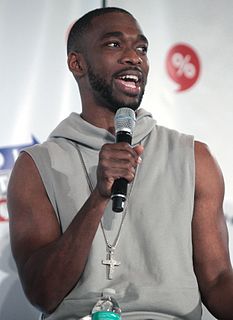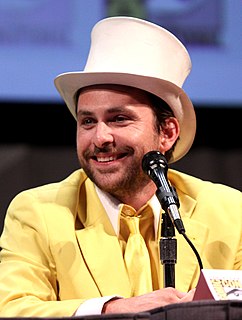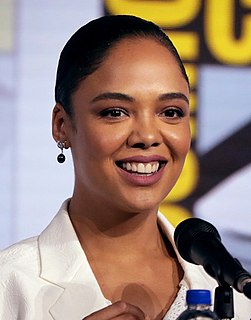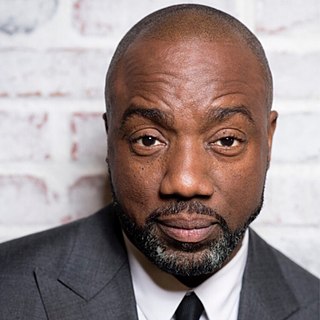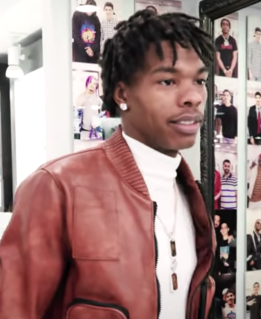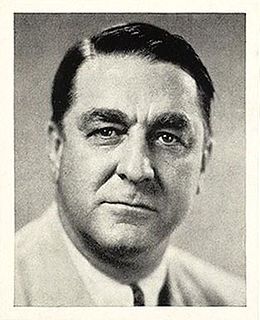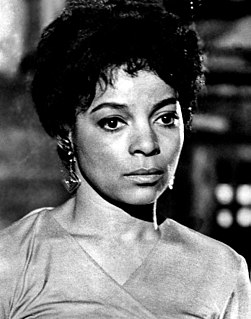A Quote by Jay Pharoah
I'm from the burbs. I've been in the hood, but I don't live there. I have lived in the hood, but I don't live there anymore. I lived in Harlem, and that was crazy, even though Harlem is a lot nicer than it used to be.
Related Quotes
I used to live in the Bronx, then I lived uptown on 106th St. and Broadway, and finally I moved to Harlem right before it became gentrified. I lived on 120th St. between Fifth and Lenox Aves. in a little brownstone. I knew the neighborhood was changing when they started putting trees in the middle of the block.
Sara Blair's Harlem Crossroads is an important addition to the body of literature that currently exists about Harlem. It brilliantly illuminates the complex relationship between photographic representation and race, and adds new insight into the ways in which this one black community has figured in both the critical and public imaginations. Harlem Crossroads is a tour de force.
In Harlem, for instance, all of the stores are owned by white people, all of the buildings are owned by white people. The black people are just there - paying rent, buying the groceries; but they don't own the stores, clothing stores, food stores, any kind of stores; don't even own the homes that they live in. They are all owned by outsiders, and for these run-down apartment dwellings, the black man in Harlem pays more money than the man down in the rich Park Avenue section.
